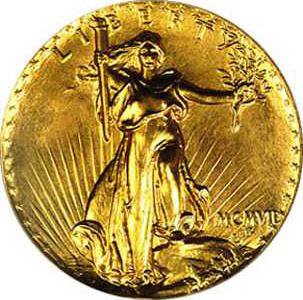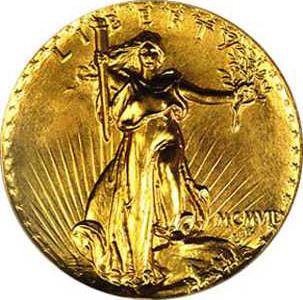Sunday, part one of a four-part series about the military experiences of two Barton County veterans introduced readers to the memoir of Jack Matthews, Great Bend, who served his country during World War II in Northern France and during the Battle of the Bulge. Here is part two.
“My guardian angel was with me again a few months later when I went back to the front lines in Belgium on X-mas day, 1944. It was in the Battle of the Bulge and I had a few more very close calls, especially during artillery barrages in the Ardennes and a month of fighting in the snow.
“But anyway I went to church services once when I was finally able. I was given a good luck medal to wear and I think it was called a St. Gaudens medal. I wore it on my dog-tags from then on. It was the dog tags I gave Wade.
“I heard later that Dahlberg recovered from his wounds. I hope it was so!
“Keaton survived the war, although wounded also in Belgium. I have a letter from him from Philadelphia and he told me of others that were killed or wounded I knew, including himself getting hit. After I left the front because of extreme frost bitten feet, I was sent back to England to the hospital again and upon recovery was put into “limited service,” and never had to go back to combat.
“We had “passwords” at night in France and Belgium. It may be company wide or just your squad. But you would challenge someone moving about with the first word and he damn well better know the counter word. I remember my first night, it was ‘Bangalore torpedo,’ a type of explosive.
“Keaton said when they were fighting in Brest, France, street to street and building to building (he as a B.A.R. man which stands for Browning automatic rifle) a while after I was wounded. He was upstairs in a building and saw a German soldier (medic with Red Cross, etc.) down the street and shot and killed him but he was pulling a sled loaded with ammunition! Later in Belgium, during the “Bulge” the Germans sometimes had American uniforms on and infiltrated our lines. One moonlit night, two people ran up beside his foxhole and stopped. Before he could say the password, one spoke in German and said “Lynx” which in German means “left.” He shot both immediately. When he searched them one was an officer by his picture in his billfold.
One time in France in a hospital grounds two German prisoners were carrying me on a stretcher and the one in back said “lynx, lynx,” and sure enough we turned left.
When I was operated on Aug. 28th in the field hospital, I think it was dark by the time they finished. I remember a real bright light above the operating table and they said to count back from 100 to zero. I think I got to 99. I remember a lot of us coming to on stretchers laid all around in tents. Then at some point we were transported to an L.S.T.--a boat called Landing Craft for Supplies and Tanks. Our stretchers were strapped to the deck for our trip across the channel to England. While waiting to be loaded some nice lady, probably Red Cross or volunteer, came around talking to some of us. I don’t know her nationality but she spoke good English. She asked me what happened, and like an idiot I read the tag on my stretcher and said “I’ve got a compound fracture of the left ilium.” She snapped back, “Well, all right!” and walked away in a huff. I would sure like to have some way to apologize to her, because I didn’t mean to be (smart).
When we reached England and were taken to a small hospital and a young nurse came around to change my dressings. I assumed there would be an entrance wound and exit wound to be rewrapped. She started unwinding bandages like a mummy wrapped all the way around me and finally came to a humongous mass of gauze. When she started peeling and pulling that away I almost passed out. There was an area you couldn’t cover with probably both hands that was wide open and chopped up looking.
I learned that the bullet had struck my entrenching tool, a shovel for digging foxholes, that we carried on a belt on our left hip. The bullet carried fragments of the metal with it and took a small chunk of my hip bone out. They had to dig out fragments as best they could and wait for some time to heal and drain before they could sew it all back up.
I was then sent to a hospital further inland and eventually to a nice one in Bath, England.
Brother to Brother
Part 2, Password Protected





